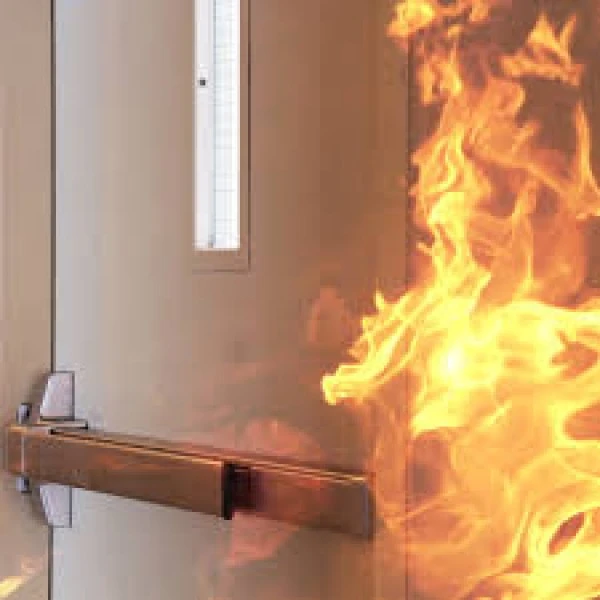The Association for Specialist Fire Protection (ASFP) is launching a passive fire protection training programme – the first of its kind in the UK and Ireland – during April 2018.
Developed in response to demand from employers and contractors The Foundation Course in Passive Fire Protection embeds current best practice and draws on the ASFP’s technical expertise.
The ASFP says the course will help candidates demonstrate competency and provide a career progression path and academic recognition in the field.
The course is suited to anyone involved in the construction industry – such as designers, specifiers, contractors, specialist installers – as well as building owners/occupiers and enforcement agencies.
Providing a grounding in general fire safety and fire science as well as passive fire protection, the courses comprise four modules:
Module 1: Essential underpinning knowledge including fire science
Module 2: Installation of passive fire protection:
Unit 1: Fire protection to the structural frame of the building, Fire retardant coatings
Unit 2: Fire resisting walls, floors and ceiling and fire resistant glazing
Unit 3: Fire stopping, penetration seals, cavity barriers, ductwork and dampers and the building envelope
Unit 4: Fire resisting doors, industrial shutters and hardware
Module 3: Understanding active fire protection
Module 4: Understanding building regulations, approved documentation, regulatory guidance, CDM, CE marking, codes of practice, and BIM
The training serves as a stepping stone to level 2 and level 3 qualifications in the subject, also developed recently, with the help of the Institution of Fire Engineers (IFE).
The IFE level 3 Certificate in Passive Fire Protection, also available from April 2018, is suitable both to anyone directly engaged in passive fire protection and in roles requiring knowledge of passive fire protection such as technical sales staff, designers and fire risk assessors. The qualification is equivalent to A-levels and level 3 NVQs and diplomas.
The four modules are delivered via seven days of lectures across several weeks, with students also expected to study the ASFP’s technical publications outside the classroom. A single three-hour written examination will determine whether the student gains the qualification.
Upon gaining the level 3 certificate the path is then open to level 4 qualifiations and to membership of the IFE.
The ASFP and IFE plan to introduce a further qualification later in 2018: the IFE level 2 certificate in passive fire protection. The level 2 certificate is aimed at team leaders or supervising installers working in passive fire protection roles, as well as technical sales staff.
Level 2 candidates will still undertake all four modules, but less comprehensively, and will take two passive fire protection units from module 2. They will attend four days of lectures and be expected to study ASFP materials in their own time in preparation for a 1.5-hour written exam.
Find Out More Here: http://www.asfp.org.uk





